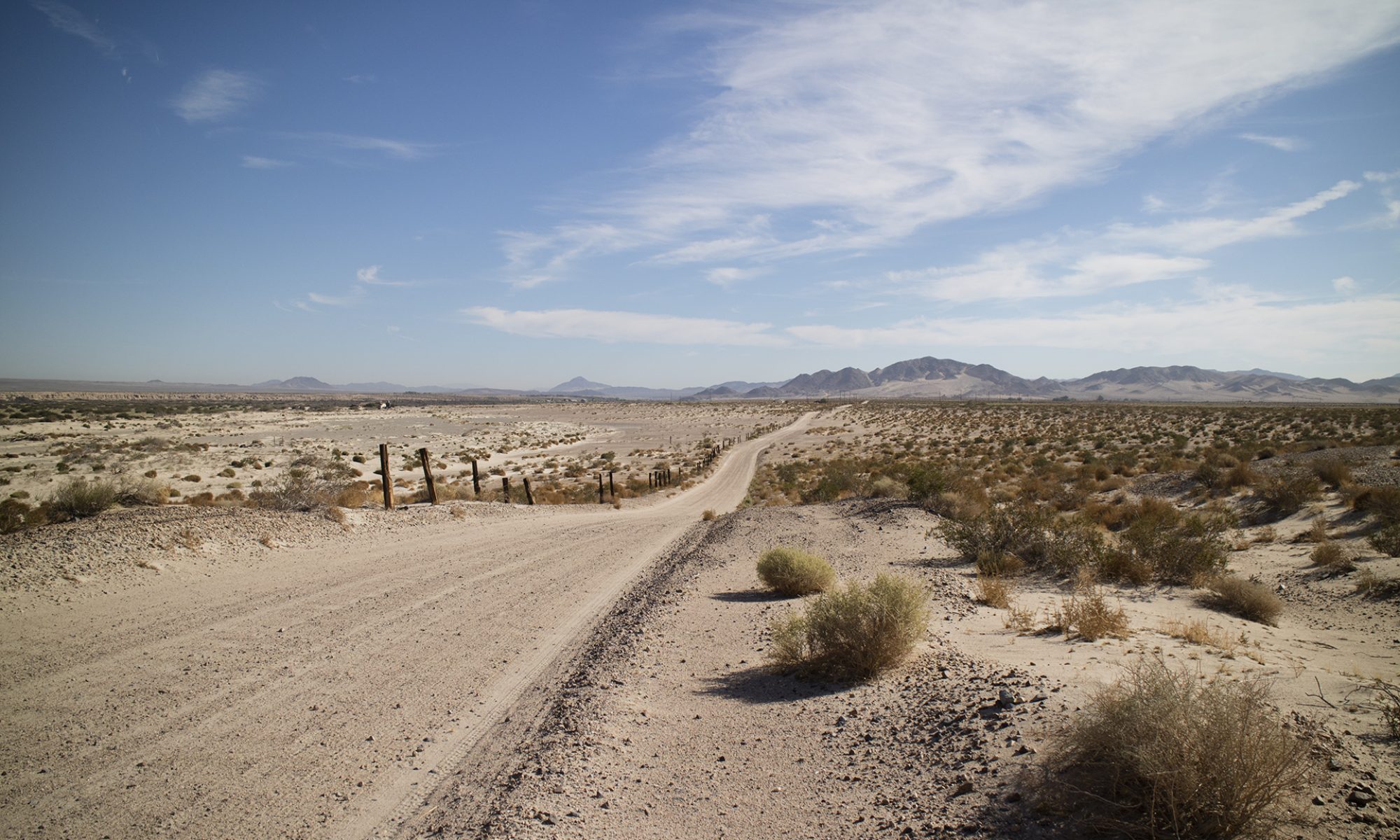See the photo below to help understand these terms.
A dike is:
“A discordant tabular body of igneous rock that was injected into a fissure when molten, that cuts across the structure of the adjacent country rocks, and which usually has a high angle of dip. It should not be confused with a vein.” United States Bureau of Mines
Tabular means:
“Said of a feature having two dimensions that are much larger or longer than the third, sub as an igneous dike, or a geomorphic feature such as a plateau.” Bates and Jackson, A Dictionary of Geological Terms
Restated:
“A dike is a tabular body of igneous rock cutting across bedding and hence, discordant.”
http://www3.geosc.psu.edu/~jte2/geosc20/lect08.html
Contrast with a vein:
“In geology, a vein is a distinct sheetlike body of crystallized minerals within a rock. Veins form when mineral constituents carried by an aqueous solution within the rock mass are deposited through precipitation. The hydraulic flow involved is usually due to hydrothermal circulation.”
https://en.wikipedia.org/wiki/Vein_(geology)#cite_note-1
Analysis:
To me, what the authors suggest is that a dike is merely rock whereas a vein contain minerals. Can anyone help me here?
Photo: On Interstate 11 near Hoover Dam

